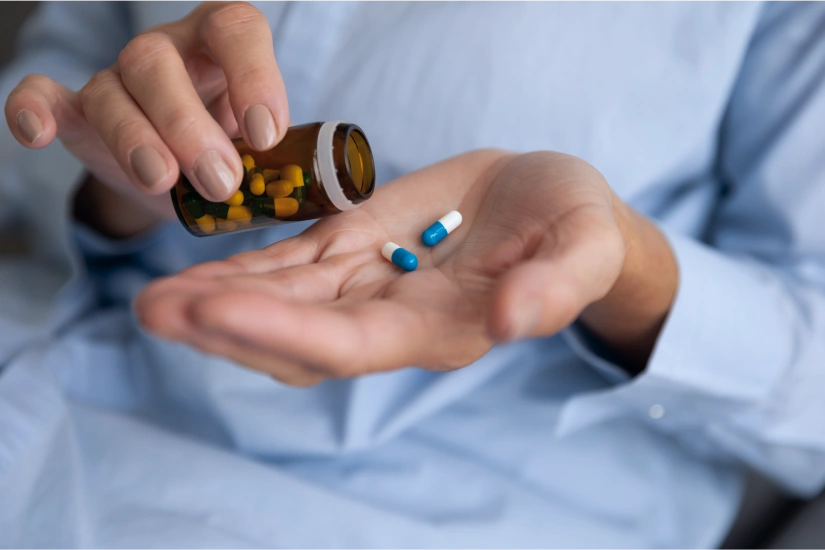24/7 Helpline:
(866) 899-111424/7 Helpline:
(866) 899-1114
Learn more about Meth Detox centers in Lindsay
Meth Detox in Other Cities




























Eastern Montana Mental Health – Glendive
Eastern Montana Mental Health – Glendive is a private rehab located in Glendive, Montana. Eastern Mo...

District II – Alcohol and Drug Program
District II – Alcohol and Drug Program is a private rehab located in Glendive, Montana. District II ...











Other Insurance Options

Providence

United Health Care

Evernorth

UnitedHealth Group

Medical Mutual of Ohio

EmblemHealth

Excellus

Humana

Aetna

MVP Healthcare

Group Health Incorporated

Health Net

GEHA

Premera

Carleon

Oxford

PHCS Network

WellPoint

Ceridian

Optum